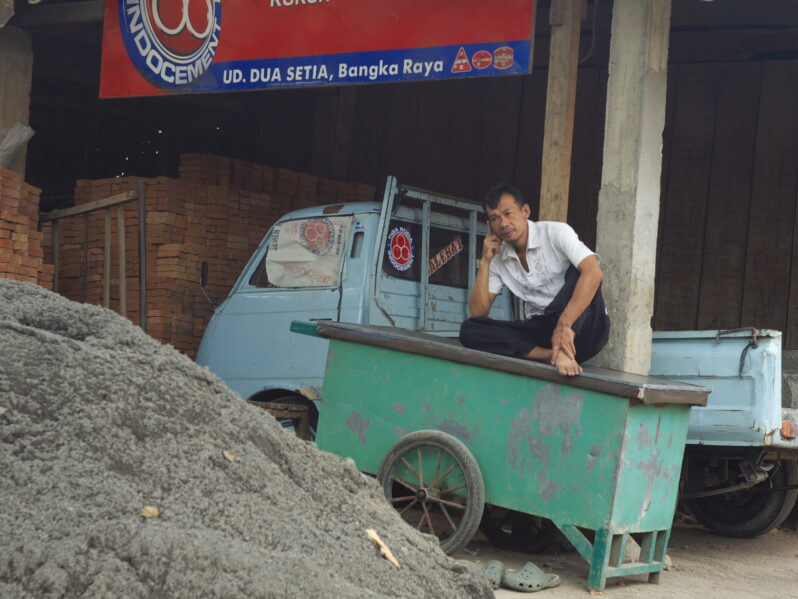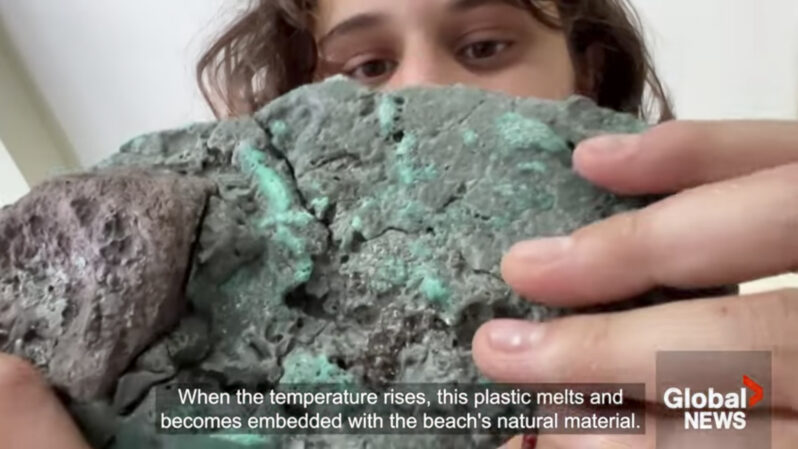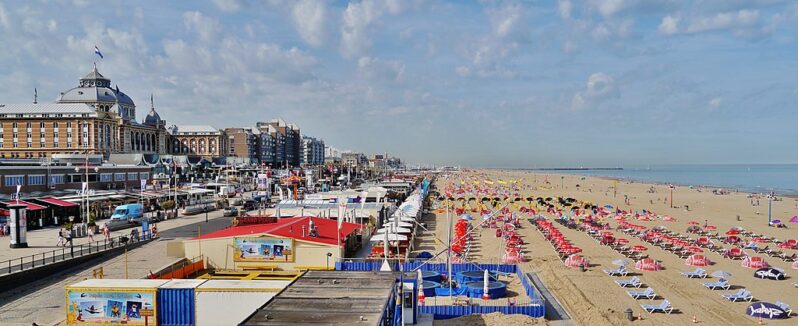Opposition grows to Indonesia’s resumption of sea sand exports – Mongabay

Marine and fisheries activists in Indonesia are ramping up their calls for the revocation of a new government regulation allowing the export of sea sand, saying the policy will benefit foreign interests more than local fishers and marine ecosystems…
Plastic-rock hybrids found on the Andaman Islands – Mongabay

A study found the formation of plastic-rock hybrids in the intertidal zone of remote beaches of Aves Island in the Andaman archipelago. This is a first record of these hybrid rocks, known as plastiglomerates, from India.
Samples from the island that were analysed contained polyethylene and polyvinyl chloride. Incineration of plastic litter could have led to their formation.
The impact of plastiglomerates on marine ecosystems is yet to be understood as research on plastiglomerates is an emerging field…
Sea level rise looms, even for the best-prepared country on Earth – MONGABAY

With more than a quarter of its land below sea level, the Netherlands has been going to great lengths to protect itself from the impacts of climate change, including sea level rise and extreme weather events like heavy rain. But even with the wealth and experience to address these issues, the future remains uncertain, mainly because a range of possible scenarios could play out after 2050…A misty rain blows against my face as I follow Farah Obaidullah along Scheveningen Beach in the northwest part of The Hague. Despite the wind and drizzle, the shoreline feels calm. Gray waves roll into the sand like long, deep breaths. Machines have raked the beach into a well-manicured carpet of grains and shell fragments…
